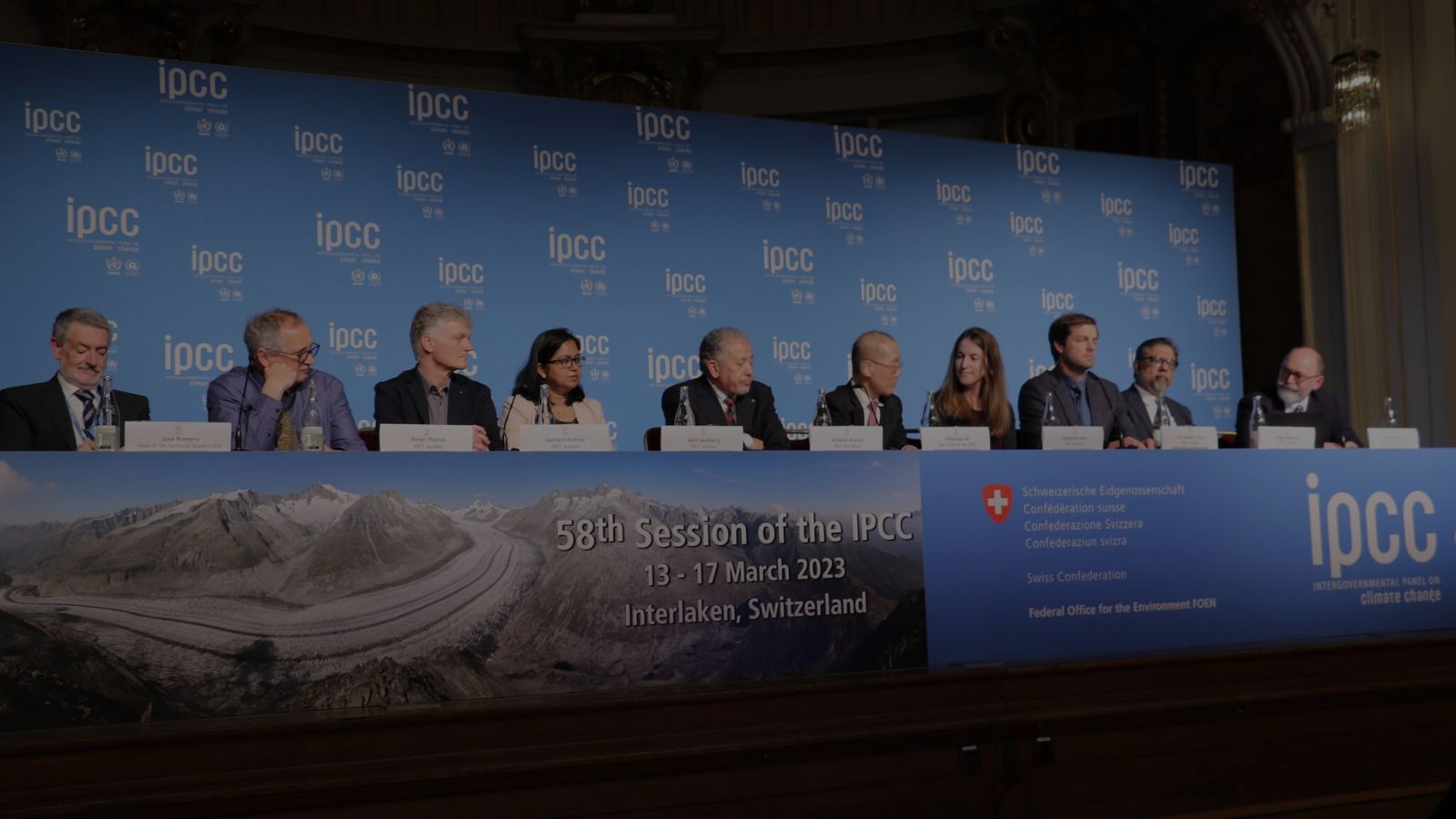Photo Credit CGIAR
In less than two months, the members of the Intergovernmental Panel on Climate Change (IPCC) will reunite in Nairobi, Kenya, to elect the new IPCC Bureau and the Bureau of the Task Force on National Greenhouse Gas Inventories.
Established in 1988, the IPCC is the United Nations body for assessing the science related to climate change. It aims to provide governments with robust scientific information that can be used to develop climate policies. This is done through the creation of Assessment Reports on the physical science of climate change, its impacts, and mitigation. The IPCC has recently concluded its Sixth Assessment Report cycle (AR6), with its Synthesis Report launched earlier this year in March.
While the core team within the Secretariat and the IPCC Secretary remain a constant, every Assessment cycle is led by different figures in the Bureau for the IPCC and the Task Force, elected by the 195 member states of the IPCC. All member states can submit nominations for the IPCC Chair, as well as the other IPCC Bureau and Task Force Bureau positions. The elections for the AR7 Bureau will take place from 24 – 28 July.
Currently, there are four nominations for the IPCC Chair: Jean-Pascale Van Ypersele (Belgium), Thelma Krug (Brazil), Debra Roberts (South Africa), and Jim Skea (UK). Nominations are also starting to be filed for other positions throughout the Bureau.
Climate change is already seriously affecting humans and ecosystems and will continue to do so, with human-caused emissions – overwhelmingly linked to fossil fuels – responsible for driving dramatic, destructive, and rapid change throughout the climate system.
For this reason, transitioning from promises to action is of utmost importance: we urgently need tangible climate action driven by determined climate ambition. The IPCC’s own reports are clear that emissions must swiftly, meaningfully reduce, and there is no room left in the carbon budget for new fossil fuels.
The world will be in a very different place by the time we next hear from the IPCC with AR7’s reports in the second half of this decade; either more fully embracing the climate challenge and reducing emissions, or on track for some frightening scenarios. Governments will be feeling the effect of a transition, either one they are in control of or one forced on them by a changing and unstable climate.
This is why the IPCC’s role is so crucial and demands great leadership to provide policymakers with the most up-to-date, robust scientific information, and AR7’s findings will be vital in these coming years.
Related IPCC News
IPCC Lays Global Climate Challenge On The Line Once More
What The IPCC Synthesis Report Means For Middle East





